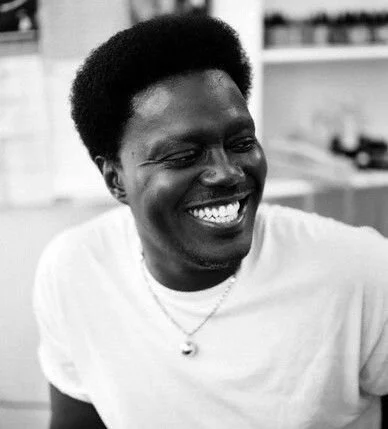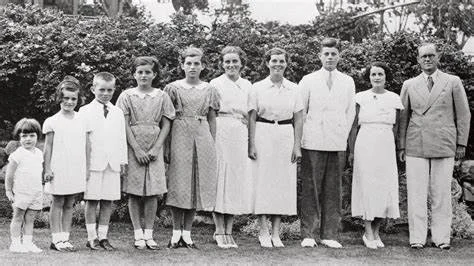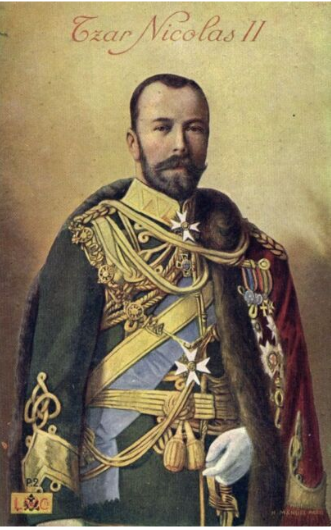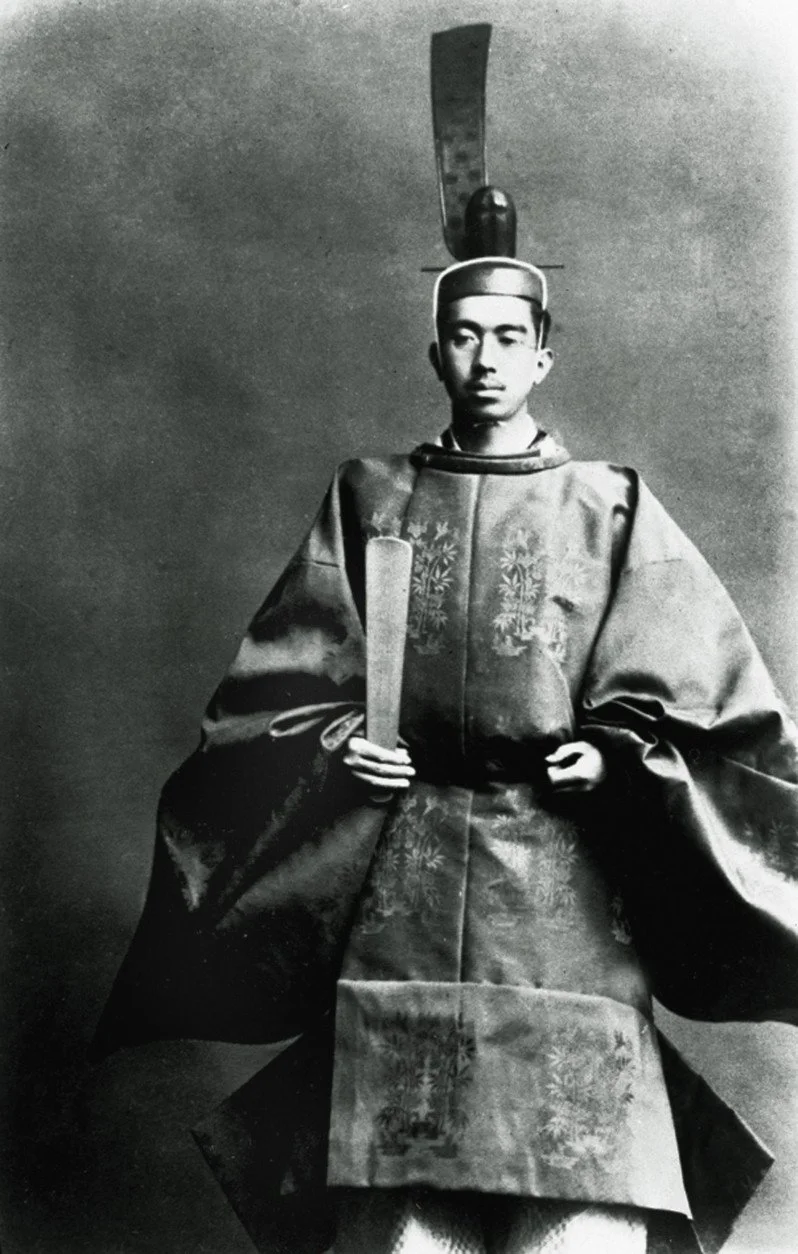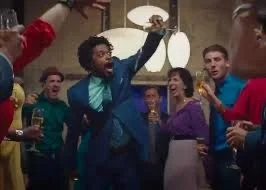The Scope of Rhetorical Appeals in Literature
Context
We were tasked with discovering what Rhetorical Appeals were and their potential usefulness in writing as well as analyzing the writings of others.
Rhetorical appeals are familiar to me in the context of general morality. In middle school, I was taught about ethos, pathos, and logos under the notion that they should be the things that guide a person's overall judgment on situations and in response to varying situations. In terms of narrative writing, rhetorical appeals act as the primary conduits to persuade a reader into agreeing with the overall narrative or message that you are trying to convey and support. By relying on factual information, emotional attachment, and logical reasoning, a reader would have numerous reasons to actually agree with an article or overall statement pushed by an author. In reading Dick Gregory's "Shame" I mostly picked up on his utilization of pathos ethos and pathos in order to convey the narrative of feeling guilty due to being on economic relief. Specifically, the excerpt was structured to have a sense of pride harshly diminished by an authoritative figure and then left to rot in a bought of self-hate. It may be possible to better understand how to use these appeals by focusing on moments in our lives where we were vulnerable and resurfacing them, all the while trying to push a message of how we got past them, or how they affected our growth as social beings. While this approach could primarily help with pathos-based appeals, logic can be included to also add elements of logos. Through my analysis of "Shame" and The Student Guide, its clear that narratives are a specific subject meant to add an aspect of genuine humanity into our writing.
Rhetorical Appeals Found in Specific Examples of Literature
Context
We were tasked with reading Zora Hurston’s “How it Feels” and pulling instances of the 3 types of rhetorical appeal; ethos, pathos and logos. This discussion was in collaboration with my classmates Taylor R. and Jenna F.
Ethos
- "I remember the very day that I became colored. Up to my thirteenth year I lived in the
little Negro town of Eatonville, Florida." - Shows that she didn't know of a different way of life until she moved Jacksonville ;
- "The front porch might seem a daring place for the rest of the town, but it was a gallery seat for me." - showed that she was not seriously influenced by racial difference ;
Pathos
- "The colored people gave no dimes. They deplored any joyful tendencies in me, but I was their Zora nevertheless. " - Life in her town was rather mundane for a child, yet she was either naive or ignorant to this fact;
- "I do not mind at all. I do not belong to the sobbing school of
Negrohood who hold that nature somehow has given them a lowdown dirty deal and
whose feelings are all but about it. Even in the helter-skelter skirmish that is my life, I
have seen that the world is to the strong regardless of a little pigmentation more of less." - she was unphased by the fact that her entire reality had changed
- "No, I do not weep at the world--I am too busy sharpening my oyster knife." - she was not sorry for herself for this major change, she simply carried on as normal
- "Slavery was sixty years ago...Slavery is the price I paid for civilization, and the choice was not with me." - Zora was unphased by the fact that her ancestors suffered greatly in order for her to be where she was, she simply saw it as them paying their way into the US
- "At certain times I have no race, I am me." - she identifies moreso with being Zora versus being considered a generic person of color
- I feel most colored when I am thrown against a sharp white background." - Alienation was a common feeling for her when she was in settings which she racially did not fit in
- "This orchestra grows rambunctious... I follow those heathen--follow them exultingly. dance wildly inside myself" - Zora is emotionally receptive of music, allowing it to have an energetic and emotional impact on her
Logos
- "They liked to hear me "speak pieces" and sing and wanted to see me dance the parse-me-la, and gave me generously of their small silver for doing these things" - The adults from outside of her treated her almost like a form of circus entertainment; which she was oblivious to
- "Sometimes, I feel discriminated against, but it does not make me angry. It merely astonishes me. How can anyone deny themselves the pleasure of my company." - She doesn't see the bad in people or the reasoning behind racism, she merely saw that people treated her differently
"But in the main, I feel like a brown bag of miscellany propped against a wall...so much like the jumble in the bags, could they be emptied, that all
might be dumped in a single heap and the bags refilled without altering the content of any greatly. A bit of colored glass more or less would not matter." - everyone has some form of substantive inner being that when compared to others brings them together to be similar
^^^ These examples connect to the core mission of the class by highlighting examples of racial disparity through the lens of a 13 year old. She is not yet understanding of why people treat her differently when she moves out of a black-dominant town into one of more diversity. As a direct result, we explore the defaulted interactions between whites and blacks in 1928.
Personal Utilization of Rhetorical Analysis
Context
We were tasked with reading from the Kent State Student Guide for College Writing & Research Writing and speaking on how we would personally interpreted the idea of analyzing literature from a rhetorical perspective.
Rhetorical work may aid in overall comprehension of my writing from the reader's perspective. By dialing into the explicit motive of a given writing, I would be able to better organize my thoughts throughout the entry as well as in general make the main point easier to understand. In terms of familiar content, the concept of having a specific goal with my writing (i.e persuading the reader to believe a certain viewpoint, informing the reader of a specific thing) is something that has been engrained in my writing over the course of primary and secondary school. Specifically, it was frequently suggested that I key into the use of Logos by citing hard facts about various topics in order to make previous entries as detailed as possible. However, it was usually suggested that I refrain from including personal opinions in my writings as they were usually informative in subject matter. Likewise, in conducting a rhetorical analysis on stand-up comedy, I feel that there is not a great purpose for it as these forms of "literature" usually involve great artistic freedoms in the literalness and actual value of their different narratives.
Comedy as a Rhetorical Source and Women in Comedy
Context
We were first tasked with sourcing potential comedic acts which we would subsequently use to draft rhetorical essays upon. Likewise, we were encouraged to read an article by Andrea Greenbaum and anaylzing what she said about women in comedy.
Comedian - Bernie Mac
Video Source - Youtube
Link -https://youtu.be/vxs5fuVHJyI?si=sfSbUKSc3jRUaa49Links to an external site.
Comedian Context - Bernie Mac was a Black comedian born in Chicago in the late 50s. He rose to fame alongside other notable black comedians such as D.L Hugley, Steve Harvey, and Cedric The Entertainer. His content frequently focused on highlighting differences between the lives of black people and white people, as well as other mature topics. He grew up on the rough South-side of Chicago. He rose to fame after winning the Miller Light Comedy Search and gaining notoriety with other comedians. He was most popular in his performances alongside people such as Martin Lawrence. Around this time, he toured with the former mentioned individuals in a group dubbed “The Kings of Comedy”. Overall, he further gained popularity by repositioning his career to also include roles in movies such as “Friday”, “House Party 3” and “Ocean’s Eleven”. Eventually, he gained enough popularity where he got his own talk show and reality show.
Video Summary - In this Example, Bernie Mac was talking about the stereotypically different demeanor between blacks and whites. Specifically he touches on things such as the differences between blacks and whites when it came to paying bills or working, satirically suggesting that blacks were the less responsible of the groups. This touches on the differences in common priorities and economic resources present between blacks and whites at the time
Audience - The show was primarily targeted towards a black audience. This was shown by how he frequently used terms such as “we” when referring to the stereotypical black person/people in his jokes. Likewise, the camera pans showed a primarily black crowd.
Occassion - Differences between Black and White Priorities
Purpose - Aside from creating laughs, Bernie Mac was also trying to touch on recurring parts of black life that were overlooked when conclusions were drawn about the race. Things like black people being strong-willed were frequently touched on as both a positive and negative aspect of the general culture.
Sources:
https://en.wikipedia.org/wiki/Bernie_MacLinks to an external site.
https://www.berniemacfoundation.org/his-storyLinks to an external site.
https://www.rottentomatoes.com/celebrity/bernie_macLinks to an external site.
Based off of our search for comedians, I do find it to be realistic that female comedians have a much harder time becoming popular due to the publicly percieved limitations that they have in regards to material they can cover. This public consensus that women should not be vulgar in their language or cover certain topics is evident in the fact that they in turn, often are not as well known due to their limited topic genres.
Subtopic : Discerning Greenbaum’s Message
In reading Greenbaum's article, I was able to make a clear understanding of her argument on rhetoric in comedy. Likewise, I believe that comedy can be considered a somewhat reasonable rhetorical argument, as it is usually based off of worldly experiences. However a listener/reader must be willing to discern core facts from exaggerations and any creative liberty that the comedian may take as one of their core goals is moreso to entertain versus educate. However this aside, comedy does have the capacity to raise rational arguments for the audience to consider. We can see this in various examples throughout comedic history where the core topic can consist of things such as race, social injustice and other common affairs.
Depictions of Society’s Elite
The Acts Critical Reading versus Critical Film Viewing
Similarities -
Critical Reading and Critical Film Viewing are similar in that you are looking to find the core purpose of various narratives, moreso than absorbing them for their face level entertainment or informative value. You are taking the time to internalize hidden aspects of the selective media that you can then potentially interpret a lesson or seek out inspiration.
Differences -
Critical Reading is much more literal in regards to your capacity to pull messages from the text, even if the author originally didn't intend to include them. Critical Film Viewing is different in that it is the general capability for a viewer to dissect aspects of a media source and attempt to match a theme or lesson to their perception, versus a literal narrative.
Apparent Themes in the film Sorry to Bother You + Accompanying Screenshots
1. Preference for Selfish Behavior
Throughout the movie, we see the protagonist, Cassius Green, rewarded extensively for putting himself and the company’s desires ahead of the desires of his fellow cohort. More so, we see him rise to fame, leaving his friends behind who were picketing for better pay through a union.
2. Deceit Bear Results
At the start of the movie we see Cassius Green start down the path of deception with his facade of past experience in order to please the telemarketing hiring manager. Instead of setting him back, his attempts at lying actually bear papable results that he enjoys. This deceit compounds over time, leading to him being rewarded monetarily for believing the lie that the slave labor he was selling was moral and not something to be disgusted by.
3. Money Excuses Evil
With his introduction, we see the owner of WorryFree, Steve Lift, portrayed as a rich playboy who is able to simply bask in success. We see him put on the public aire of being a stereotypical rich CEO who isn’t concerned with anything more than the financial success and growth of his company. Yet, the thing that the common person doesn’t see is his lack of care for the human race and overall lack of concern for how many toes he has to step on in order to succeed. Moreover, Lift attempts to recruit Cassius Green to be the “Martin Luther King of the equi-sapian” hybrid-species that he exploitatively created.
Takeaways from Interviews with Boots Riley on Sorry to Bother You
Context
Following our viewing of the film Sorry to Bother You, we were tasked with watching interviews that Boots Riley had in regards to the film. Below are my takeaways from some of his talking points when he was interviewed by VICE News.
In Vice's interview with Boots Riley, he discusses the genuine interpertation of "the white voice". He basically stated that this voice was meant to be a representation of the care-free, tranquil attitude that many telemarketers must put on in order to attempt to be successful. Likewise, was meant to highlight the lack of individuality in many courses of work. I originally had a similar interpretation of this voice; I believed that it was a means of highlighting that people who sound stereotypically white would be percieved differently in any form of work setting in comparison to people who possess a different style of voice. This is comically evident in many customer service settings where workers infamously are known to have a "customer service voice", meant to be more appealing to patrons. I felt that this general message provided by Riley acted as means to confirm what I originally thought of the entire "white voice" topic.




